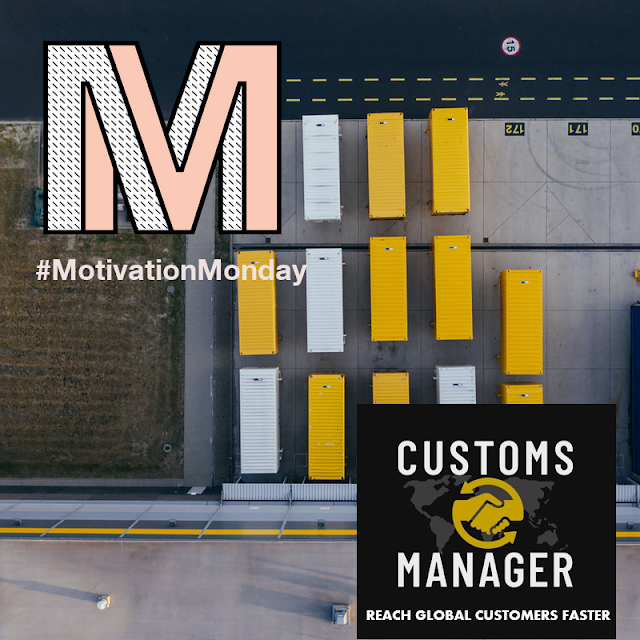The Global Trade Agreement's Impact
We live in an increasingly interconnected
world. Trade and cooperation agreements are destined
to extend worldwide
in such a society, and to think and behave differently would be just dumb.
These global trade agreements, as such, are
either bilateral or multilateral agreements between
two or more nations that control their trade policies. These agreements have a tremendous influence on global commerce
and investment, and they are one of the key factors driving
corporate connections throughout the world. While such agreements may not have a direct impact on where you live or
operate, being informed of current trade agreements may certainly
reveal several opportunities.
It is up to you to form your ideas; we do not
wish to start a debate about how wonderful or
awful these global
trade accords are. This article
will acquaint you with such agreements and inform you whether or not your supply chain will be affected.
The influence of such agreements on your local
business's supply chain
is determined by a single
fact: whether your company is an importer, exporter, or neither.
Scenario 1: You do not import or export
Isn't it simple to determine if you're an importer or not? Trade agreements, however,
might still influence you. Such restrictions directly influence your suppliers, and this susceptibility might have an impact on your supply chain.
Scenario 2: You identify as an importer
Many small-scale suppliers
can compete with global giants
due to low-cost production in various regions.
When two nations reach a trade deal, the
country with lower labour costs usually has advantages when trade barriers
are reduced or removed. Trade
agreements allow importers to find low-cost
commodities and allow the unfettered flow of such low-cost items via
higher-cost
partner nations.



Comments
Post a Comment